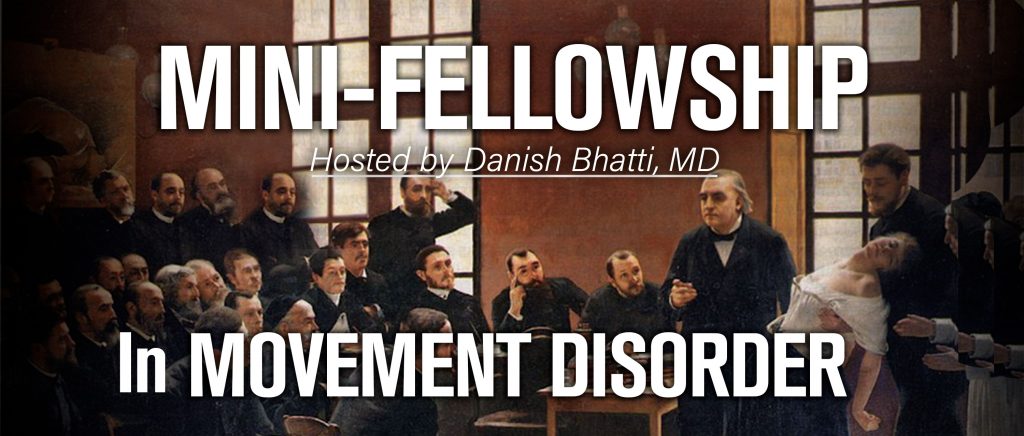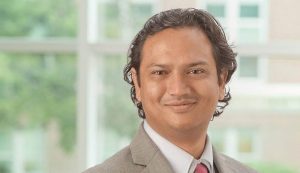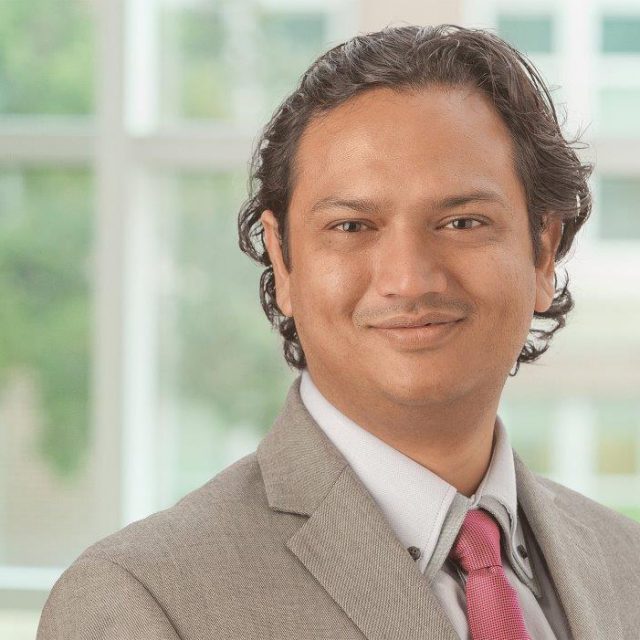
Welcome, everyone, to our new podcast on movement disorders. These podcast will be a series of mini lectures, which are 3-7 minute long audio clips discussing a very particular topic or a very particular question with a practical, useful, relevant detail or information. So it could be a discussion on something like how do you examine a patient’s gait? How do you diagnose someone with cerebral palsy? or what is the difference between spasticity and rigidity? What is the difference between freezing of gait and initiation failure of gait or hesitation of gait, so on and so forth. These questions are related to movement disorders, what are movement disorders. They are a group of neurological disorders that lead to abnormalities of movements in a patient involuntary movement so there could be excessive movement, patient is moving too much, getting pulling, tightness, jerking, twitching, shaking, are not able to move very well. So too slow, falling, imbalanced and so on and so forth. This is a component of neurological disorders or a sub specialty or a field within neurological disorders or neurology, which particular deals with these kind of abnormal diseases. So to give you some examples, it will be something like Parkinson’s disease or dystonia or carea such as Huntington’s disease and so on.
 Who am I and why am I talking about it? My name is Danish Bhatti. I am a movement disorder neurologist with two years fellowship training in academic Movement Disorders program after completing a neurology residency. And then I stayed in the academic program to become a faculty and I became the curriculum director for the fellows who were trained to become movement disorders. And now I am the Associate Program Director for Movement Disorder Fellowship. I also do teaching for residents in neurology, giving them some exposure to movement disorders in some limited fashion. And I also run an online mini fellowship, which is a six month long program in movement disorders for neurologists around the world.
Who am I and why am I talking about it? My name is Danish Bhatti. I am a movement disorder neurologist with two years fellowship training in academic Movement Disorders program after completing a neurology residency. And then I stayed in the academic program to become a faculty and I became the curriculum director for the fellows who were trained to become movement disorders. And now I am the Associate Program Director for Movement Disorder Fellowship. I also do teaching for residents in neurology, giving them some exposure to movement disorders in some limited fashion. And I also run an online mini fellowship, which is a six month long program in movement disorders for neurologists around the world.
Why this podcast?
This podcast actually came from the online mini fellowship in movement disorder that I’m running and hence the name the Online Mini Fellowship was an idea to teach the physicians in their home country in their current environment where they’re practicing. These neurologists are working in undeserved areas where there is no access to sub specialty care and they are the last place for all these patients with complex movement disorders not easily managed by these general neurologists. So rather than taking them out of their current practice in an environment and their current life, and are moving them out of the country into other countries such as the United States to come here for training for an extended period, usually one year or sometimes two years. Why not, we just train them where they are while they continue with a clinical practice and see that patients and teach them with their own patients. And that was the idea of the online mini fellowship. It’s a six month course that’s very interactive, very active learning, assignments and tasks and activities they have to complete in addition to watching lectures. One part of that online mini fellowship is discussing cases, their own clinical cases, and what I have been doing in the past is that I take the opportunity of the clinical cases to teach them something relevant and useful that gets anchored with a particular case. So, for example, someone is sharing a young kid with a chorea form movement and I might take that opportunity to try to tell them some differences between a Huntington’s disease chorea and Sydenham’s Chorea, differences between chorea and students or how to differentiate Chorea from Ataxia, which can sometimes look very similar.
I over the years have made a habit of these short 3-7 minute long mini lectures or micro lectures that I share with my participants, and sometimes I get a feedback that these are the best teaching that they get in the whole course. These very relevant, short anchored information is much better than watching a long lecture or doing a complete assignment. So I thought, why not use this information and short clips that I have and share it as podcast so you can listen to it wherever you are and maybe in a very short time learn something useful that might help one of your patients and that will make me feel very happy. You can find more detail about my online mini fellowship in movement disorders on the Department of Neurological Sciences website at the University of Nebraska Medical Center. And you can also find my channel on YouTube by searching for my name, Danish Bhatti, where I sometimes post more extended videos, sometimes requiring a face to face interaction. And you might find a collection of movements disorders information on that channel. You can also connect with me on LinkedIn. I’ll be happy to hear from you. Please to reach out and give me your feedback on how we can make this more useful.
To learn more about the mini fellowship, visit our Website for University of Nebraska Medical Center, Department of Theological Sciences, where you can be part of the community and ask us questions.

